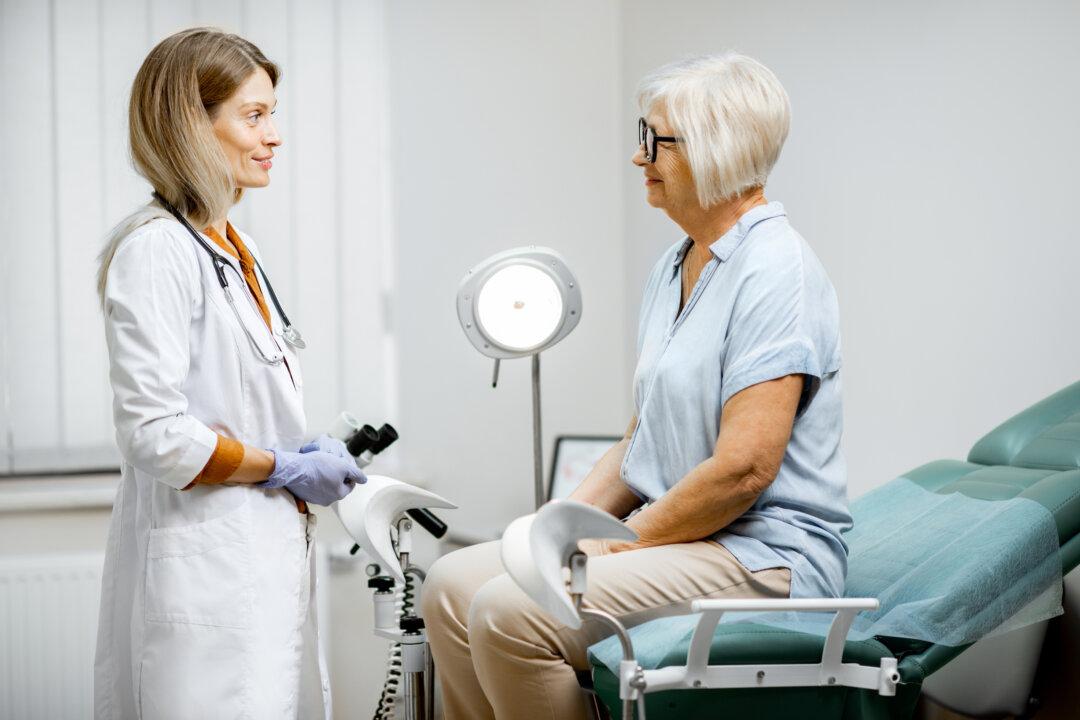August tends to be a busy month for labor and deliveries across the country. This past August was no exception. Our hospital covers overflow from the Kaiser system, and this one couple stood out from the rest.
I was called around midnight to evaluate this first-time mom in early labor. She was turned away from her hospital because they were on overflow (no room in the inn), and here she was. The couple had no idea who anyone was, and had never stepped foot in this hospital before. It truly was an uncomfortable position to be in, but the couple was smart. They were very pleasant to the nurses and to me as well. After we explained who we were and what to expect, they felt a little better. She was 4 centimeters dilated and would deliver her baby with us. We received all the records, and there didn’t seem to be any problems.






